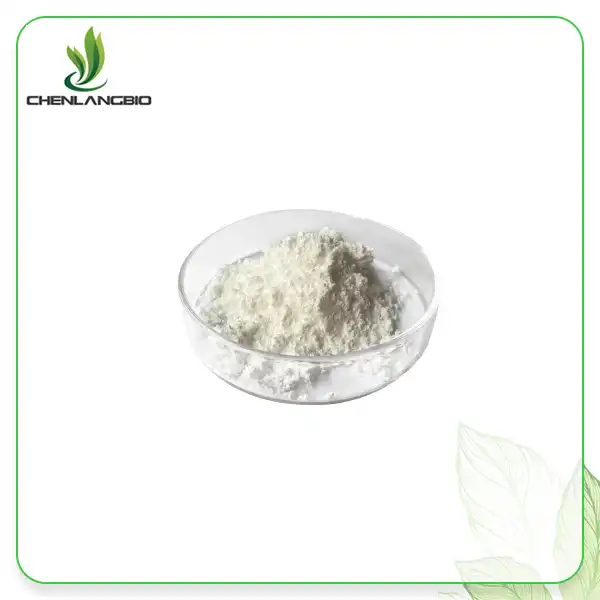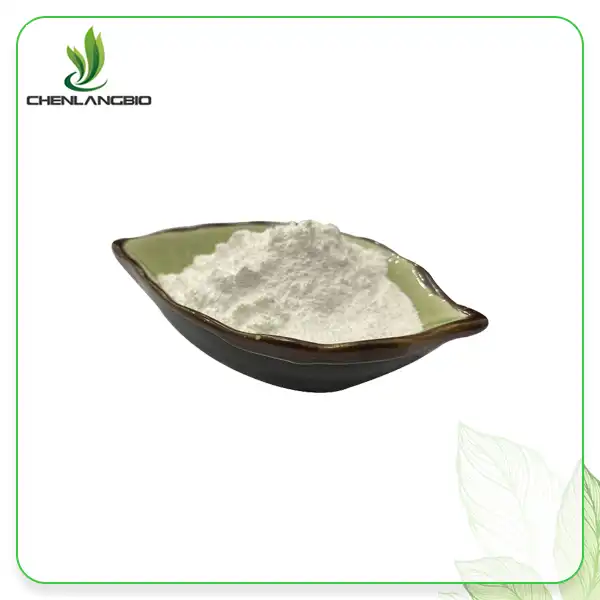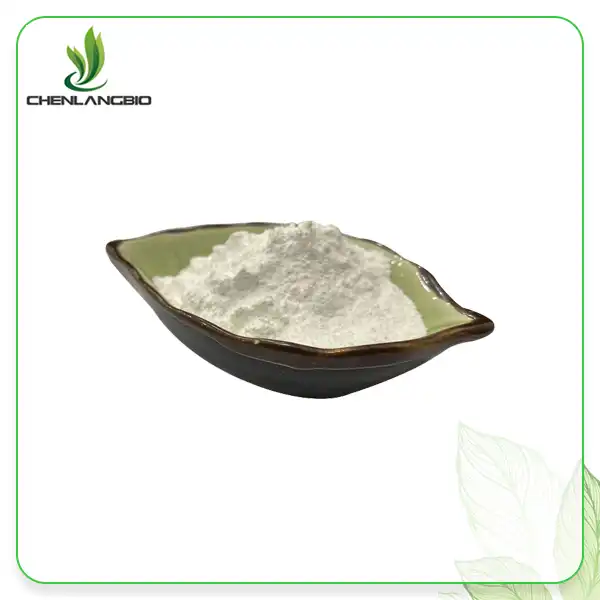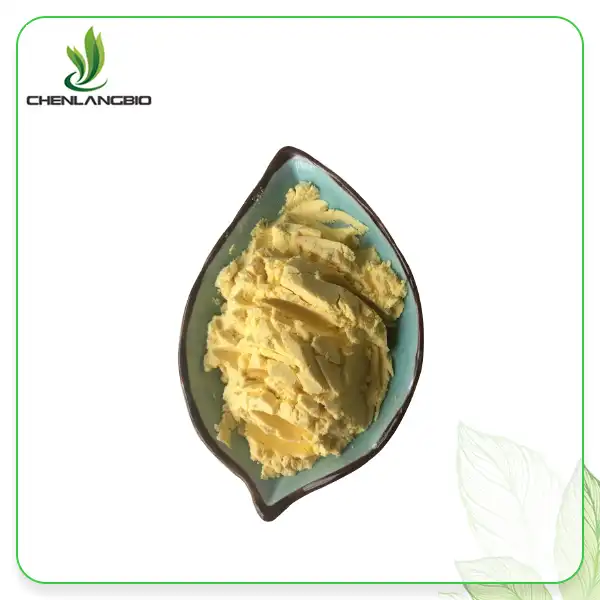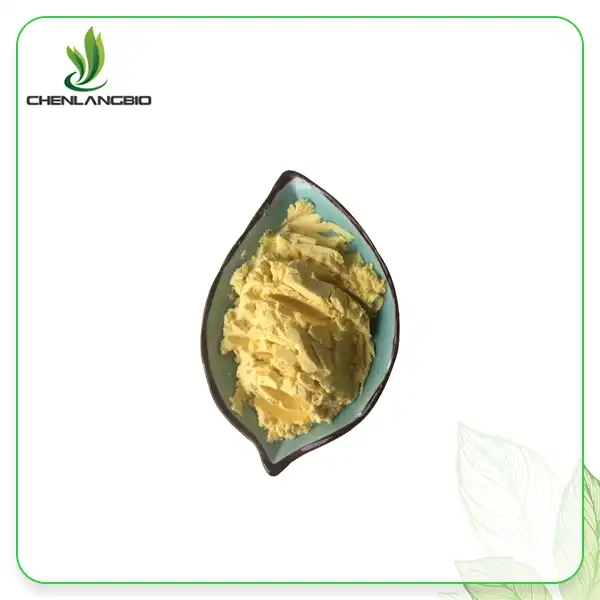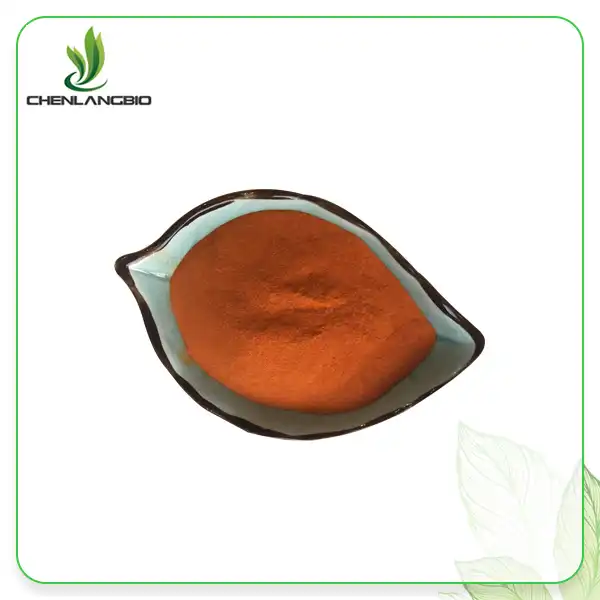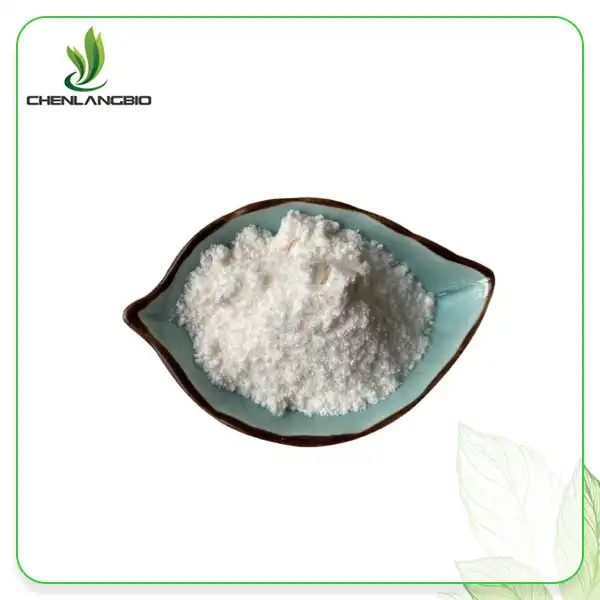Is Hydroxyphenyl Propamidobenzoic Acid Suitable For All Skin Types
2024-05-30 10:34:21
Introduction
The cosmetics industry is paying more attention to hydroxyphenyl propamidobenzoic acid (HPA) because of its calming qualities and possible advantages for treating a range of skin issues.Derived from the active compounds found in oats, this synthetic ingredient is known for its anti-inflammatory and anti-itch properties. But the question remains: Is Hydroxyphenyl Propamidobenzoic Acid suitable for all skin types? Let's dive into the details to understand its benefits and potential drawbacks.
What Are the Benefits of Hydroxyphenyl Propamidobenzoic Acid in Skincare
Hydroxyphenyl propamidobenzoic acid powder is celebrated for its ability to calm irritated skin, making it a valuable addition to many skincare products. This ingredient mimics the soothing components of oats, known as avenanthramides, which are renowned for their anti-inflammatory and anti-itch properties.
According to Paula's Choice, HPA is effective in calming skin prone to conditions like dermatitis, eczema, and psoriasis. It helps reduce redness and irritation, making it an excellent choice for sensitive skin. Clinical studies have shown that formulations containing HPA can reduce itchiness by 65% and redness by 50%, offering significant relief for those with reactive skin.
Furthermore, HPA enhances the skin's natural barrier, improving hydration and reducing sensitivity. This makes it particularly beneficial for dry skin, as it helps to lock in moisture and protect against environmental stressors . This dual-action of soothing irritation and boosting hydration makes HPA a versatile ingredient in the skincare industry.
As a potent antioxidant, HPA is one of the main advantages it offers. Antioxidants play a critical role in shielding the skin from the damaging effects of free radicals, which can hasten the aging process and cause wrinkles and hyperpigmentation. HPA helps retain the young appearance of skin and encourages a healthy complexion by scavenging free radicals.
Moreover, HPA has shown promise in enhancing the efficacy of other active ingredients in skincare formulations. For instance, when combined with hyaluronic acid, a well-known hydrator, HPA can significantly boost the skin's moisture retention capabilities. Similarly, its anti-inflammatory properties can complement other soothing agents like aloe vera or chamomile, providing a synergistic effect that maximizes skin comfort and health.
Another notable benefit is HPA's role in skin repair. It aids in the recovery of the skin's natural barrier, which is often compromised by environmental factors like pollution and UV radiation. This barrier repair function is crucial for maintaining optimal skin health, preventing moisture loss, and protecting against external irritants.
In summary, Hydroxyphenyl propamidobenzoic acid offers a wide range of benefits that make it suitable for various skin types. Its anti-inflammatory, hydrating, antioxidant, and barrier-repairing properties make it a versatile ingredient that can enhance the overall health and appearance of the skin. Whether you have sensitive, dry, or even aging skin, incorporating HPA into your skincare routine can provide substantial benefits.
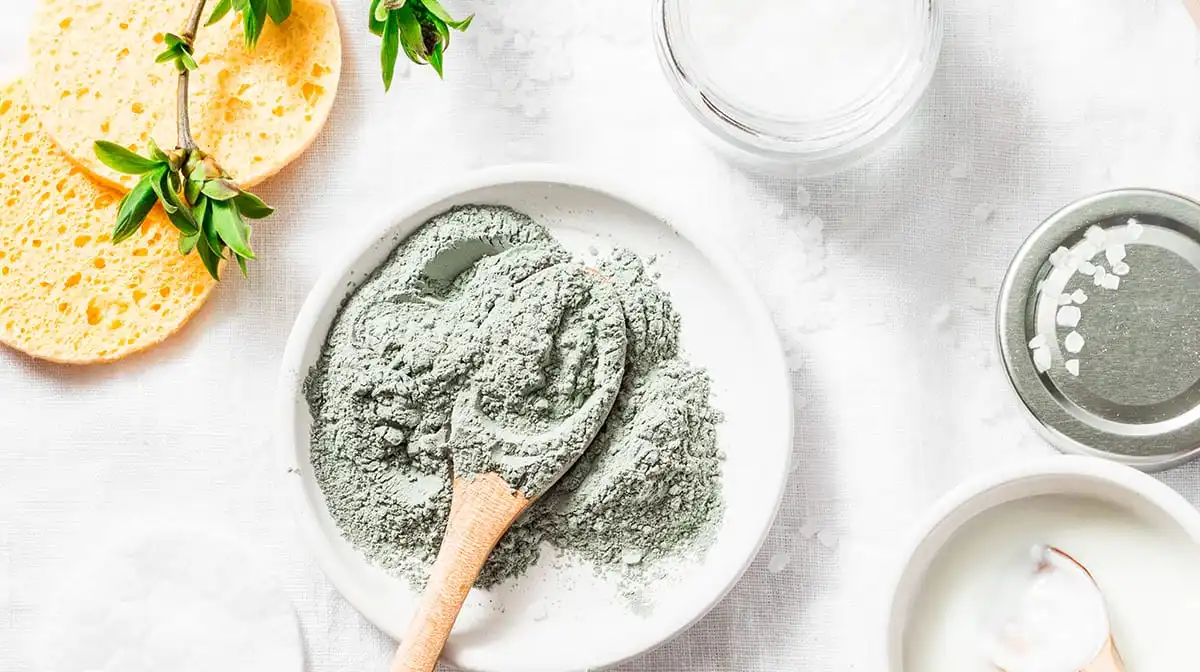
Can Hydroxyphenyl Propamidobenzoic Acid Cause Side Effects
While HPA is generally well-tolerated, it's essential to consider potential side effects and how different skin types might react. For most users, HPA is a gentle ingredient that soothes and protects the skin. However, as with any skincare ingredient, there's a possibility of individual sensitivity.
Some individuals might experience mild irritation or an allergic reaction, particularly if they have extremely sensitive skin or allergies to similar compounds found in oats. It's advisable to perform a patch test before incorporating a new product containing HPA into your routine. This helps ensure that your skin does not react adversely to the ingredient.
In terms of formulation, Hydroxyphenyl propamidobenzoic acid powder is often included in products designed for sensitive and reactive skin. Brands like The Ordinary and Aloderma highlight its role in reducing redness and irritation while improving overall skin texture and hydration. Nonetheless, it's crucial to choose products from reputable brands that use high-quality ingredients to minimize the risk of adverse reactions.
Is Hydroxyphenyl Propamidobenzoic Acid Effective in Treating Acne
Another common question is whether HPA can help with acne-prone skin. While HPA is primarily known for its soothing and anti-inflammatory properties, it can also benefit those with acne. Acne often involves inflammation and irritation, which HPA can help mitigate. By reducing redness and calming the skin, HPA can indirectly assist in managing acne symptoms.
Additionally, HPA's role in enhancing the skin's barrier function and hydration levels can support acne-prone skin. Acne treatments, especially those involving active ingredients like benzoyl peroxide and salicylic acid, can often lead to dryness and irritation. HPA can help counteract these side effects by providing necessary moisture and soothing the skin. Its ability to strengthen the skin's barrier also helps protect against further irritation and inflammation, which can exacerbate acne conditions.
Moreover, products containing HPA often include other acne-fighting ingredients like niacinamide, which further enhance their effectiveness against breakouts. Niacinamide, for example, is known for its ability to regulate sebum production, reduce the appearance of pores, and improve overall skin texture. When combined with HPA, these ingredients can provide a more comprehensive approach to managing acne, addressing both the inflammatory and barrier-support aspects.
Conclusion
In summary, Hydroxyphenyl Propamidobenzoic Acid is a versatile and beneficial ingredient suitable for various skin types, particularly those prone to irritation and sensitivity. Its ability to reduce redness, soothe irritation, and enhance the skin's natural barrier makes it a valuable component in many skincare formulations. While generally well-tolerated, it's essential to perform a patch test and choose products from reputable brands to ensure the best results.
For those with specific skin concerns like acne, incorporating Hydroxyphenyl propamidobenzoic acid powder into a broader skincare routine can offer additional benefits. However, it should not replace primary acne treatments but rather complement them to enhance overall skin health.
If you wat to learn more information about this product, you can contact us at admin@chenlangbio.com!
References
Paula's Choice. Hydroxyphenyl Propamidobenzoic Acid Ingredient Dictionary. Paula's Choice.
Procoal. Hydroxyphenyl Propamidobenzoic Acid, Skin Benefits, INCI. Procoal.
Aloderma. Hydroxyphenyl Propamidobenzoic Acid: The Humble Hero of Hydration. Aloderma.
Cosmetics & Toiletries. The Ordinary Soothing and Barrier Support Serum. Cosmetics & Toiletries.
INCIDecoder. Hydroxyphenyl Propamidobenzoic Acid Explained. INCIDecoder.
EWG. Products That Contain Hydroxyphenyl Propamidobenzoic Acid. EWG.
Skin Deep. Hydroxyphenyl Propamidobenzoic Acid. Skin Deep.
The Ordinary. Soothing & Barrier Support Serum ingredients. INCIDecoder.
Dermalogica. Ultracalming Cleanser. Dermalogica.
The Skin Care Clinic. PCA Skin Dual Action Redness Relief. The Skin Care Clinic.
Send Inquiry
Related Industry Knowledge
- Top 7 Benefits of Hydrolyzed Keratin for Hair Repair
- How Can You Ensure High Consistency and Purity in Acetylcysteine Powder Supply?
- Can Ascorbyl Tetraisopalmitate be Combined with Other Actives (e.g., Retinol, Niacinamide)?
- Top Benefits of Isobutylamido Thiazolyl Resorcinol in Skincare
- What Life Extension Supplements Contain Hesperetin
- What are the Side Effects of Glabridin Powder
- Is Magnesium Ascorbyl Phosphate Safe for Sensitive Skin
- What are the Benefits of Polyphenols in Apples
- Is Honokiol The Same As Magnolia Bark
- Phellinus Linteus Extract Powder for Sale


